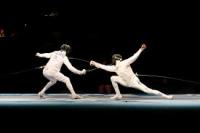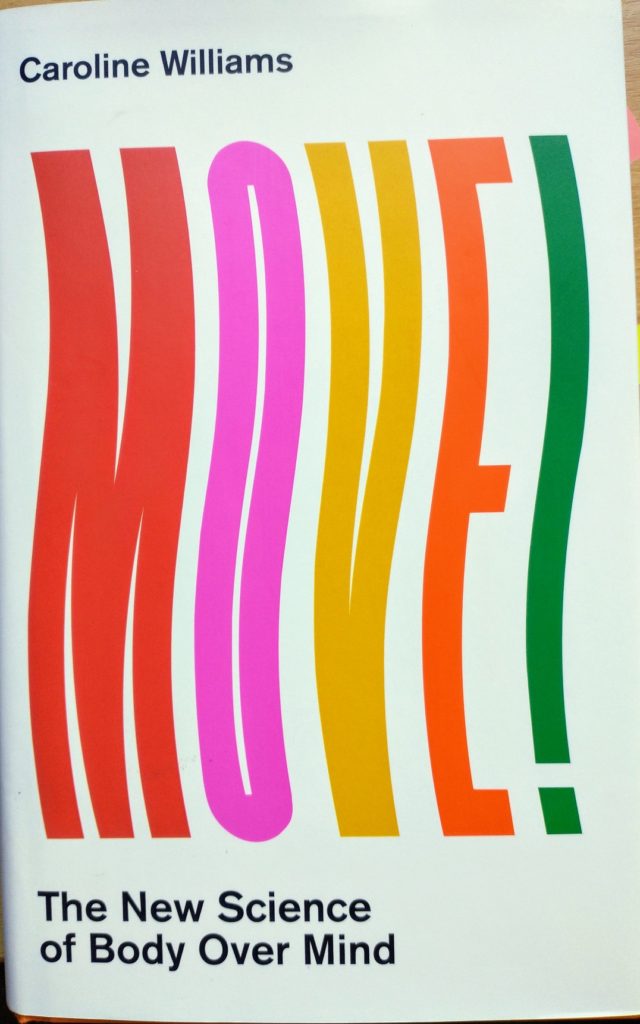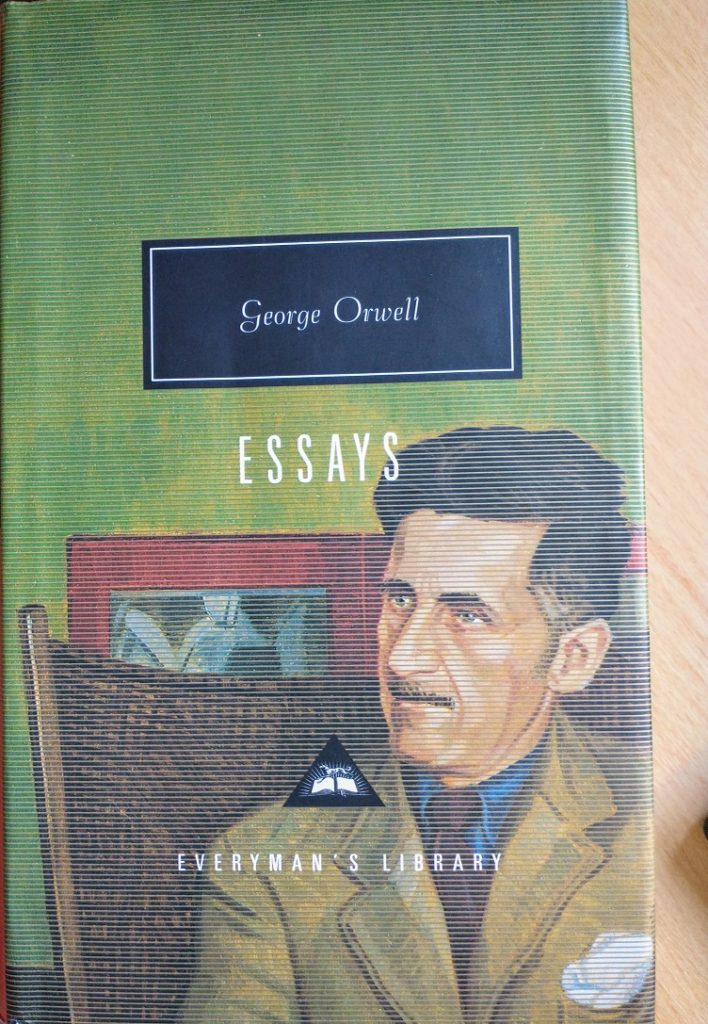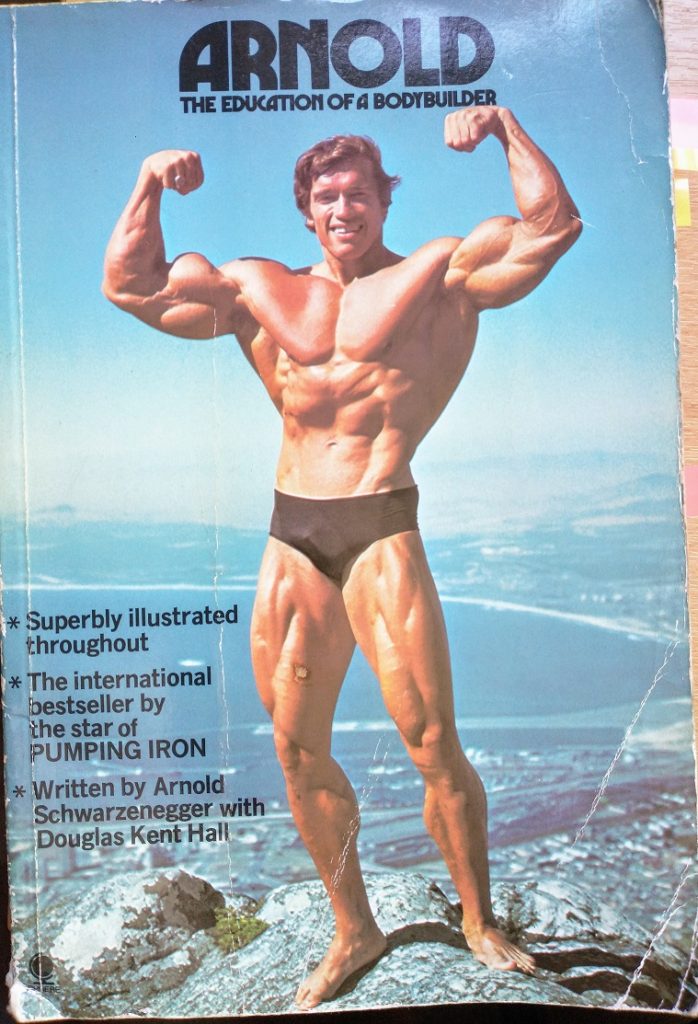Main Menu
Latest Blog Entry
User login
Summer Reading Ideas 2021
If you are looking for a good book to read this summer on your staycation or as a break from the sport then here are some ideas. These are selected from the books that I have read so far this year (full list below).
I have read some lengthy, stimulating books, especially in the early part of the year when we were in the gloom of winter lockdown. I have had to buy more books than usual due to the libraries being closed so thanks to Blackwell’s and Liznojan for their prompt and polite service.
This may not look as many as usual: I also took out a 10-issue subscription of ‘The New Scientist‘ for £10 that contained many useful and interesting articles, as well as reading, Granta, The Stinging Fly and Neon Literary magazines.
My top 5 so far are:
Tough to choose just 5, but people like lists, so here goes:
- Team of Rivals: The Political Genius of Abraham Lincoln. Doris Kearns Goodwin. A tremendous book that is rich in detail and research. It offers many lessons to be learned from Lincoln although few people could be as magnanimous.
- No Great Mischief: Alistair MacLeod. Wonderful, albeit sentimental, novel about Scottish Canadians in the present and their history. Thought-provoking.
- Essays: George Orwell. The Everyman edition of Orwell’s essays for The Tribune and elsewhere. Huge and varied, always interesting. A ‘dip in and read’ type book and one to keep.
- Move: Caroline Williams. A great overview of the benefits of moving: well-researched and well-written. It covers strength, learning, dance, breathing and stretching. All the things we do normally. Worth having.
- A Swim in a Pond in the Rain: George Saunders. A brilliant book that analyses seven Russian short stories and gives thoughts on how that transfers to other writing. Very clear, and pertinent points that would make dense reading if not broken up by the stories. Enjoyable.
My full reading list and summary:
- Don Quixote de la Mancha: Miguel Cervantes. Epic, dense novel that is worth the time invested into reading it. Funny,revealing and surprisingly relevant today.
- Solutions for Novelists: Sol Stein. Extremely useful book about creating novels that have pace, character and conflict. Stein breaks down the information clearly and uses extracts to illustrate his points. Very good.
- The Old Ways: Robert MacFarlane. A description of several walks, and two sea voyages, that the author took on his own or accompanied by others. Not what I thought it was going to be. The writing is good but the book lacks a common thread.
- Dreams and Wishes: Susan Cooper. A collection of lectures that the author gave from 1976 to 1994. The Dark is Rising is prominent in most, so fans might like it. The love of storytelling and language and the importance of giving our children a chance to read is prevalent.
- The Complete Walker IV: Colin Fletcher and Chip Rawlins. Funny and informative, this extensive guide to all things walking from 2002 has dated only in some of the equipment reviews. The underlying principles of how to look after yourself and what to take, are well written. The authors use their vast experience to detail what is important, and what is less so.
- Keep the Aspidistra Flying: George Orwell. Interesting and funny novel about a self-destructive man who doesn’t want to take part in capitalism.
- Team of Rivals: The Political Genius of Abraham Lincoln. Doris Kearns Goodwin. A tremendous book that is rich in detail and research. It offers many lessons to be learned from Lincoln although few people could be as magnanimous.
- Island: Alistair MacLeod. A sublime collection of short stories set in Cape Breton, Canada. Wonderful prose, rich storytelling about a time not so far past but seems like it has gone forever.
- Mr Norris Changes Trains: Christopher Isherwood. A novel set in 1930s Germany. I disliked all the characters and forced myself through the book. The turmoil in the background is interesting though.
- The Redemption of Galen Pike: Carys Davies. A short story collection, one of which was expanded to become. ‘West.’ Whimsical but realistic and a joy to read.
- Skill in Sport: B. Knapp. An old one, but a good one. ‘Skill’ research here was based on a lot of simplistic tasks, but Knapp gives a clear overview of some sound teaching practices.
- A Swim in a Pond in the Rain: George Saunders. A brilliant book that analyses seven Russian short stories and gives thoughts on how that transfers to other writing. Very clear, and pertinent points that would make dense reading if not broken up by the stories. Enjoyable.
- No Great Mischief: Alistair MacLeod. Wonderful, albeit sentimental, novel about Scottish Canadians in the present and their history. Thought-provoking.
- More Penguin Science Fiction: Ed. Brian Aldiss. Short story collection published in 1963. Authors include Asimov, Gordon R. Dickson and Harry Harrison. Of its time with communists and nuclear Armageddon featuring in several stories. Great collection.
- Prisoners of Geography: Tim Marshall. How geography has affected the development of nations and its impact economically. Interesting overview.
- Essays: George Orwell. The Everyman edition of Orwell’s essays for The Tribune and elsewhere. Huge and varied, always interesting. A ‘dip in and read’ type book and one to keep.
- New Writing in Europe: John Lehmann. A summary of fiction in the 1920s to 1930s and thoughts on the novelists.
- The Body Builder: B.Deane Brink. A collection of notes and essays about Robert J. Roberts who was a pioneer of physical fitness in the YMCA in the nineteenth century. Short, but some good ideas in there.
- Attempts: Dan John. A collection of essays and blogs about training and managing life. I haven’t read much from John for 10 years, very few new ideas, but a good read. He communicates very well.
- Animal Farm: George Orwell. Too close to the bone with the current political climate but what a masterpiece.
- Free Play: Brian McCormick. A series of newspaper articles covering coaching topics such as as LTAD, early-specialisation and parenting of ‘talented’ sportspeople. Very good advice, well written with great examples.
- Burmese Days: George Orwell. A novel set in pre-war Burma that is rich in detail of ex-patriot life.
- A Clergyman’s Daughter: George Orwell. Easy to read, more like a sequence of diatribes against poverty, religion and the exploitation of workers in agricultural Britain.
- The Wild Silence: Raynor Winn. Disappointing follow up to ‘The Salt Path’. Some good sections but disjointed with little narrative structure.
- The Burning Room: Michael Connelly. A reread of a detective novel featuring Harry Bosch.
- Final Words: Kelvin Giles. A collection of stimulating blog posts and ideas about coaching. Has given me food for thought.
- Coming Up For Air: George Orwell. A despondent first-person novel about a middle-aged fat man who becomes nostalgic for his youth and mulls over his life so far. Set in 1938 it portrays the build-up to war and the horror well.
- Move: Caroline Williams. A great overview of the benefits of moving: well-researched and well-written. It covers strength, learning, dance, breathing and stretching. All the things we do normally. Worth having.
- Anatomy, Mechanics and Human Motion: J.G. Hay & J. G. Reid. A 1988 edition that has some excellent basic principles but is a bit outdated in the conclusions of the limited research.
- Total Recall: Arnold Schwarzenegger. The second time I have read his gripping autobiography. The parts about his early life and hunger to succeed are excellent. He skates over his obvious flaws but it is interesting to see his terms as the Governator in light of recent politics.
- Arnold: The Education of a Bodybuilder: Arnold Schwarzenegger & Douglas Kent Hall. The 1988 version is half biography and half training tips. The raw energy and confidence ooze from the book that has surprisingly good common sense training advice.
- Physical Intelligence: Scott Grafton. A well researched, well-written book about neuroscience and physical activity. Grafton uses his hiking expedition to illustrate the points about how and why our brains and bodies have developed together. Very good.
Further Reading
Of course this is just a snapshot of any person’s reading. There are more ideas below:
If you have any suggestions, please leave in the comments section below.
Client Testimonials
 South WestFencing Hub
South WestFencing Hub
Working with James has been a pleasure and education for all of the fencers and coaches, from beginner fencers and trainee fencers, up to international fencers and coaches with decades of experience. We really appreciate James' desire to challenge assumptions but simultaneously his ability to listen to both fencers and coaches on technical and tactical points. He manages to keep his sessions fresh and innovative without losing sight of our central goals. His sessions are challenging and fun and his attention detail is a tribute to his professionalism. Thank you.
More




